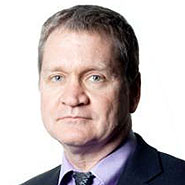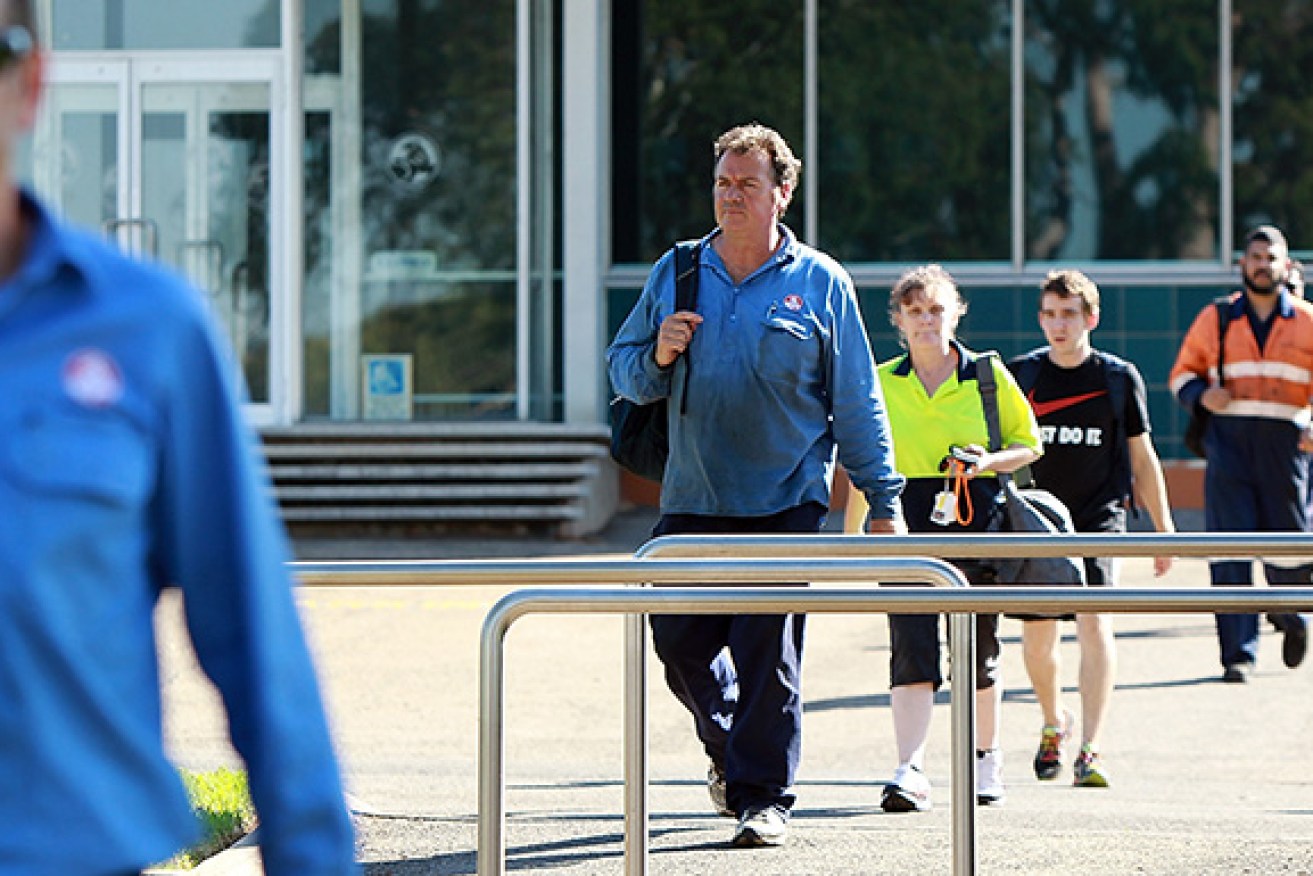Money and security: our concerns at work


Strange things can happen when the English language is channelled through managers and HR-speak.
We’ve moved beyond downsize, restructure and redundant. You’ve got to think (and talk) dynamic nowadays – leverage, game-changer, value-add, interface, synergy, solution, think-outside-the-box (or square), on the same page and customer-centric.
It turns out, strange things also happen when staff and managers think about what some of the big issues in the workplace, including pay and job security.
• How to future proof your career in the digital age
• Apps that will help you save hundreds of dollars
The US business magazine, Forbes, recently wrote up two studies by remuneration consultants Towers Watson, which surveyed about 32,000 workers and 1,600 HR types and concluded that workers who had been offered a job rated their number one concern as being base pay and salary.
Job security came in as the second concern when weighing up a job offer, but employers failed to understand that point of view. The studies found that employers “barely rated” job security when rating the seven things workers cared most about.
One suspects this same failure of viewpoint is widespread among Australian managers and administrators. Worry over unemployment and insecure work is probably most acute among less skilled workers, but it is increasingly common among Australian teachers.

Balancing act: getting the settings right at work can be tricky. Photo: Getty
Politicians of all stripes go solemn, even pious, when talking about education. They often mention pay – usually linking it to performance – but they have less to say about job security, and how it might help attract and retain good teachers.
A recent survey by the Australian Education Union in Victorian government schools found that two thirds in their first five years on the job are on short-term contracts.
The survey found the number of new teachers on short-term contracts were up 10 per cent on the previous year, as schools applied an unspoken “try before you buy” policy.
This leaves young teachers having to constantly re-apply for their jobs, and struggling when it comes to things like buying a house.
In South Australia, a website offering 500 permanent teaching jobs in public schools struggled to cope with a flood of applications, and the deadline had to be extended. More signs that young teachers are sick of living contract to contract.
There is a similar picture in university teaching, where the notion of academic tenure is all but kaput. The National Tertiary Education Union says about 35 per cent of all university staff are in continuing employment, 25 per cent on fixed term contracts and 40 per cent are on casual hourly arrangements.
Most of the teaching at universities falls to casuals or fixed-term contractors who are uncertain of their positions from one year to the next. Doctoral candidates might be paid through research grants that run for between one to three years, before going on to (highly educated) insecure work.
The reasons why young teachers leave the profession are often personal and complicated. But being a good teacher is demanding and worthy of job security.
Which leads me to wonder, readers – what are your top concerns when it comes to jobs? Top dollar, steady work or a bit of both? Happy to hear from all comers, not only teachers. Also keen to hear any fresh horrors of HR speak. Leave a comment below.
Mark Skulley is a freelance journalist who is based in Melbourne. He was a reporter on the Australian Financial Review for almost 18 years, which included a decade covering national industrial relations and the world of work. He has since written for The New Daily, the Guardian Australia and other outlets.








